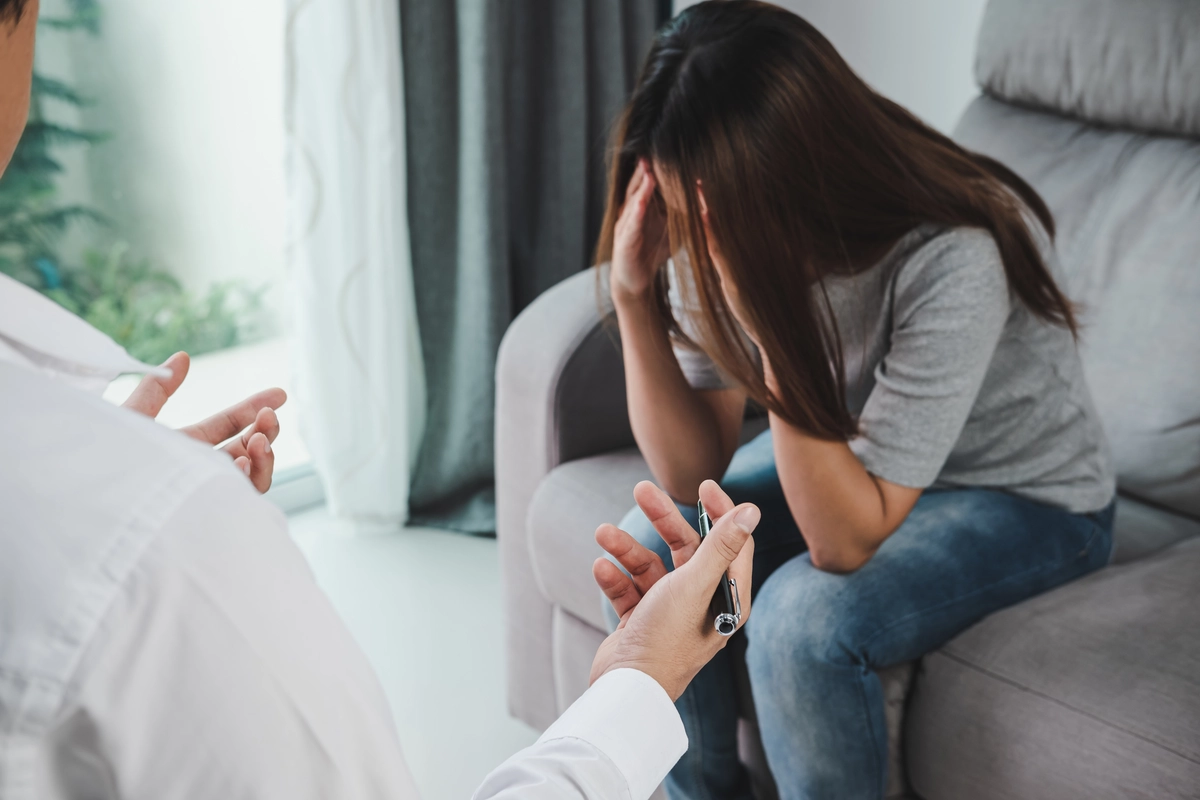24/7 Helpline:
(866) 899-221924/7 Helpline:
(866) 899-2219
Learn more about Depression Treatment centers in Atchison County

Other Insurance Options

American Behavioral

CareSource

BHS | Behavioral Health Systems

AllWell

Coventry Health Care

Providence

Meritain

Access to Recovery (ATR) Voucher

United Health Care

Kaiser Permanente

Aetna

Private insurance

Multiplan

PHCS Network

Optima

Absolute Total Care

Sutter

Highmark

Health Choice

Health Partners




























